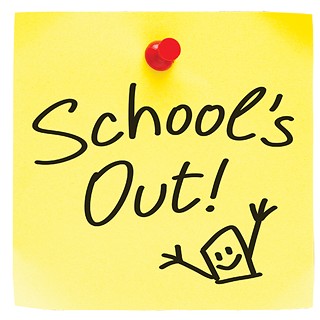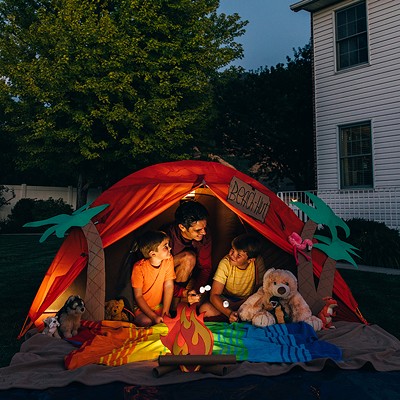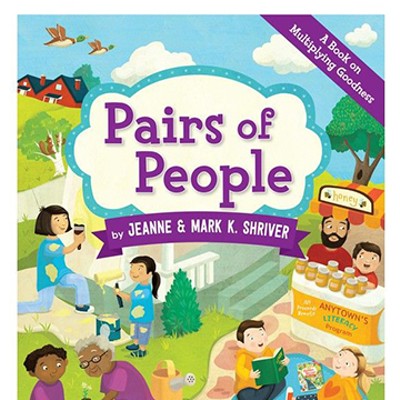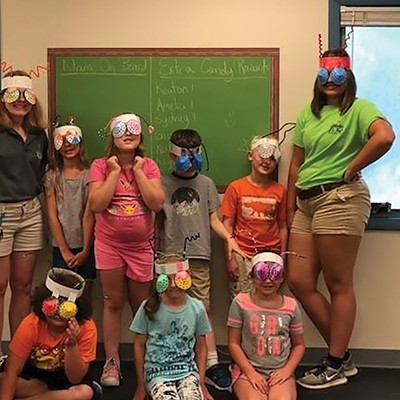Every parent of a school-aged kid is probably familiar with summer learning loss, or the regression in learning that occurs between the end of one school year and the beginning of the next. It is well-documented that many students experience a regression in their academic skills over the summer months.
Not only do some students lose academic footing, their competencies may begin to wane in more subtle areas, such as taking turns, raising a hand, lining up, or in their social and interpersonal skills. All of these losses add up and can ultimately result in frustration and re-teaching when fall eventually comes back around. Fortunately, the summer slide can be counteracted by activities that target students' academic and interpersonal skills.
Summer reading is important
Summer reading is not only an enjoyable activity for many kids, it is also a great way to help your kids retain their literacy skills over summer break. Reading to and with children is proven to help kids learn language, learn general information about the world, develop creativity, concentrate for longer periods of time and build empathy for others. All of our local libraries and many area bookstores will be rolling out summer reading programs soon. Signing your children up for these engaging and entertaining programs is one way to build on your students' literacy skills without traveling or spending much money.
...so is math
Studies have shown that some students lose up to 27% of the math skills they learned in an academic year over summer break. As a former struggling math student myself, I know all too well the pain of relearning multiplication tables each fall. While there are always ways to incorporate math into everyday life, most of us get pretty busy and may forget. Resources such as math workbooks, flashcards and iPad/tablet apps can be very beneficial to students when it comes to retaining math skills over the summer. Math practice might not be your kids' first choice, but try to make it fun or incentivize improvement where you can. And remember – your kid may be grateful for the extra practice come September, even if they'll never admit it.
Unplugged games teach important skills
Summer is a great time to bust out the board games. There are so many opportunities such as car bingo on a road trip, checkers at the campground or Jenga at home on a rainy afternoon. Board games teach children all sorts of skills. The simplest games teach younger children how to take turns and how to lose gracefully. The right games for older kids can teach problem-solving, decision-making and higher-level strategic thinking. Many board games involve literacy, math or both, making game night an important tool in your toolbox against summer slide.
Choose camps thoughtfully
Summer camps and other youth development programs can also combat summer learning loss, especially when chosen thoughtfully. Springfield and the surrounding communities have plenty of opportunities at all costs (including free) for local students. Check in with your schools, churches or other organizations you belong to about what summer programming they offer. Think about your kids' interests and their preferences. Have a kid you'd describe as a homebody? While they might not be the best candidate for an overnight camp, there are tons of day-camp options around. Even if a summer camp doesn't focus outright on academic programming, your student will benefit from the structure and routine of camp, and they will have opportunities to further develop their interpersonal skills with camp counselors and peers.
No matter how you choose to spend your summer, don't put too much pressure on yourself or on your students. Both parents and kids deserve a well-earned break from the routines of the school year. Try your best to keep things moving along, but most importantly, enjoy your family time!
Pamela Savage is a freelance writer living in Springfield. She and her family are excited for a fun summer ahead.
























